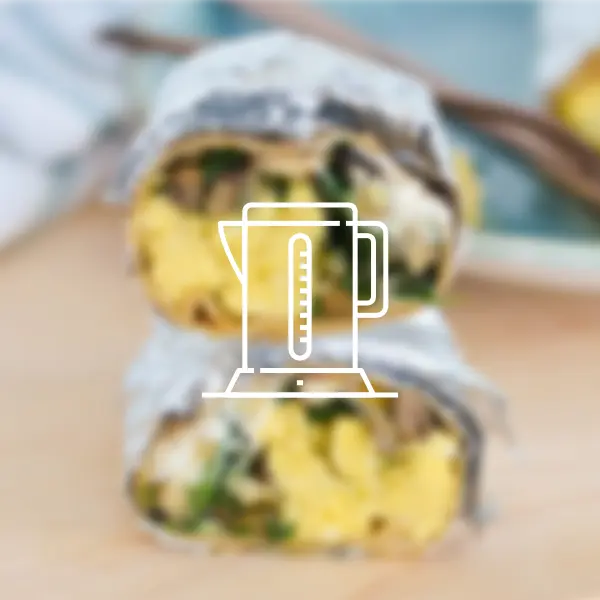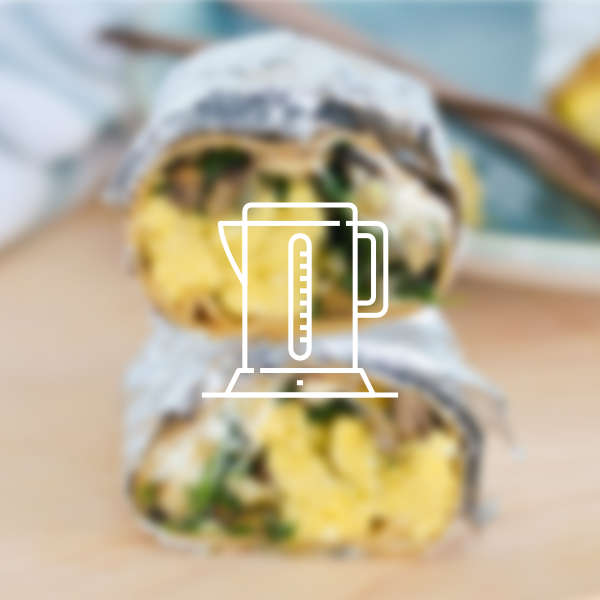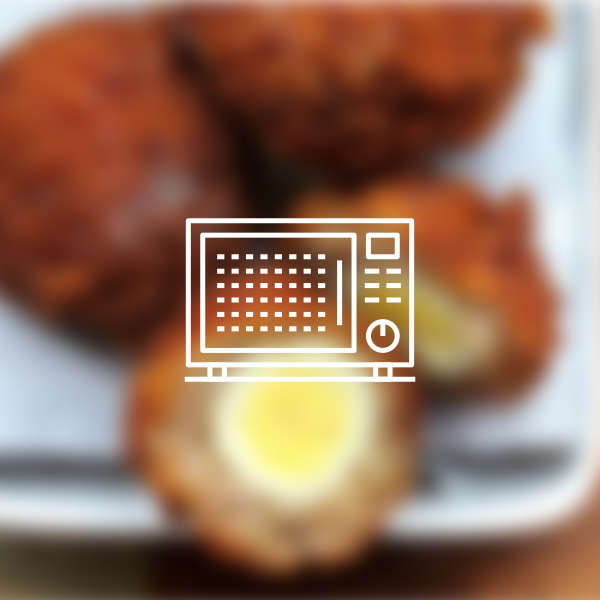Thanksgiving side dishes recipes
by ingredients, cooking time, nutrition facts, collections
16,557 THANKSGIVING SIDE DISHES recipes
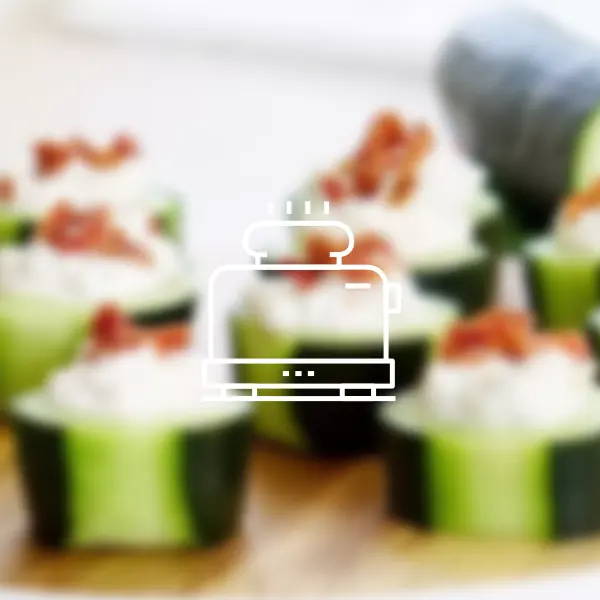
I've had a lot of pasta salad in my time. I addicted. But it's almost never as satisfying as I expect it to be . . . unless I make it myself! It's really easy to make, too!
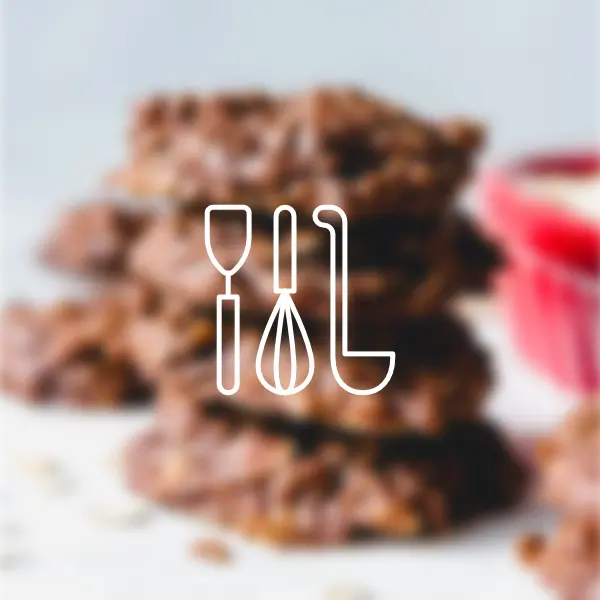
Amazing Hot and Spicy Chicken recipe
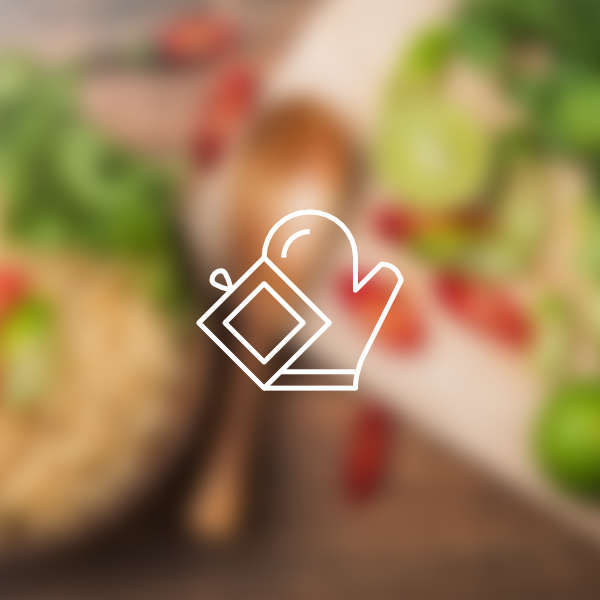
Tender chicken and earthy mushrooms with creamy Swiss cheese, all wrapped in delicate, golden crepes. This savory meal is perfect for a cozy dinner and will impress with its rich flavors and elegant presentation.
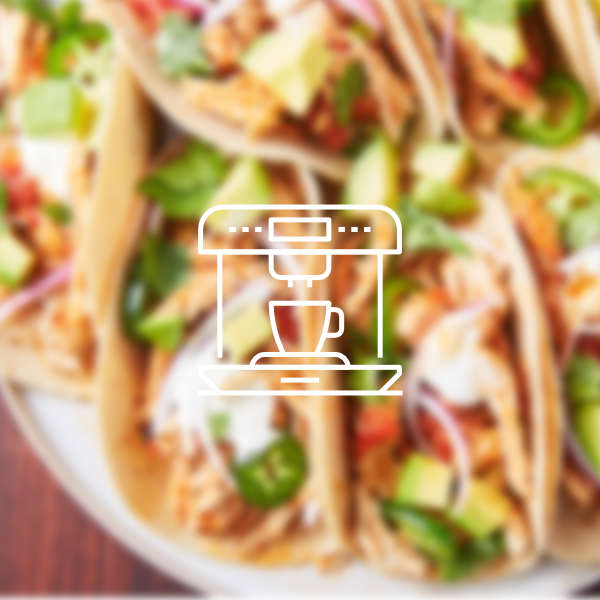
Had this at my friend's place, and it was so delicious! Now I have the recipe too, and I will try to make it again very soon.
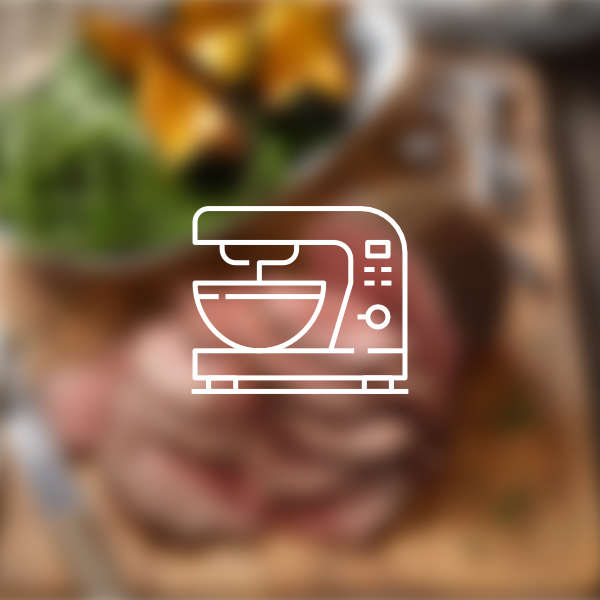
To highlight the onion's diversity, below are four recipes, each with a different type of onion, and a different cooking technique, (one not cooked at all).
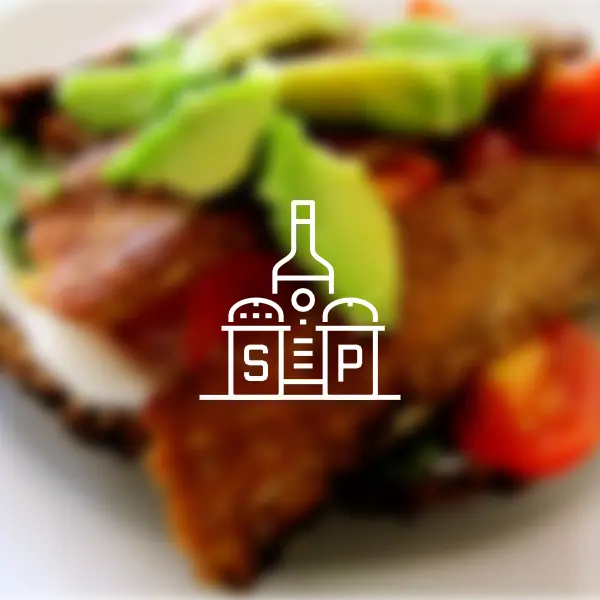
An easy to make sweet and tangy chicken recipe best served over rice.
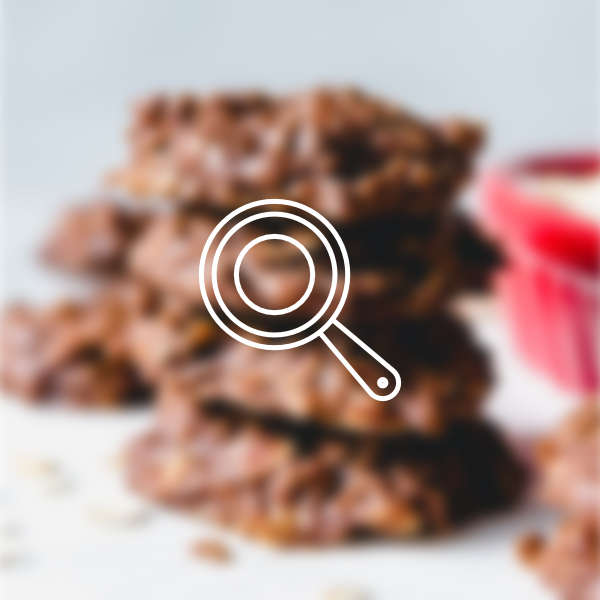
Braised Pork, served with bunya nut, Australian rice grass and dusted with Lemon Myrtle.
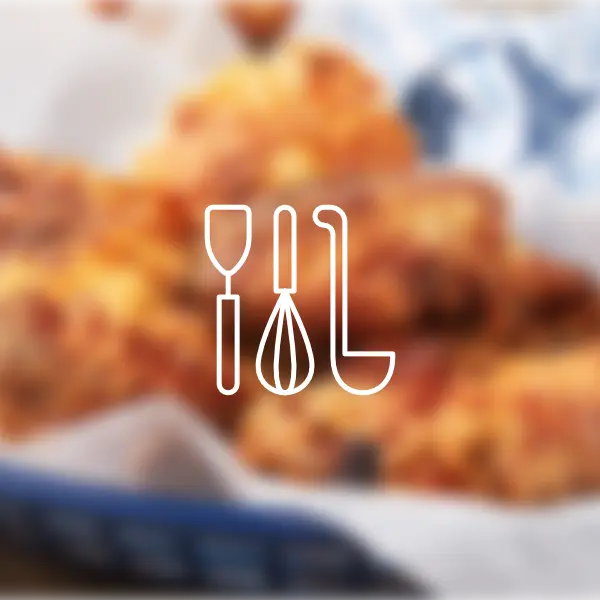
Choose wild salmon to reap the health benefits of this fatty fish. Wild salmon is easily identifiable as its flesh is bright red and contains very little fat (very thin white stripes in the flesh). Since wild salmon swim in the wild eating what nature intended them to eat, their nutritional profile is more complete. Farmed salmon, by comparison, are fed an unnatural diet of soy and corn (never found naturally growing in the ocean!) along with chicken and feather meal. This unnatural diet means that the nutritional content of farmed salmon is markedly different from the wild variety. In particular, its omega-3 fatty acid content is much lower. Farmed salmon also contain a lot more fat (since they can't swim around as freely) and are often carriers of toxic viruses.
